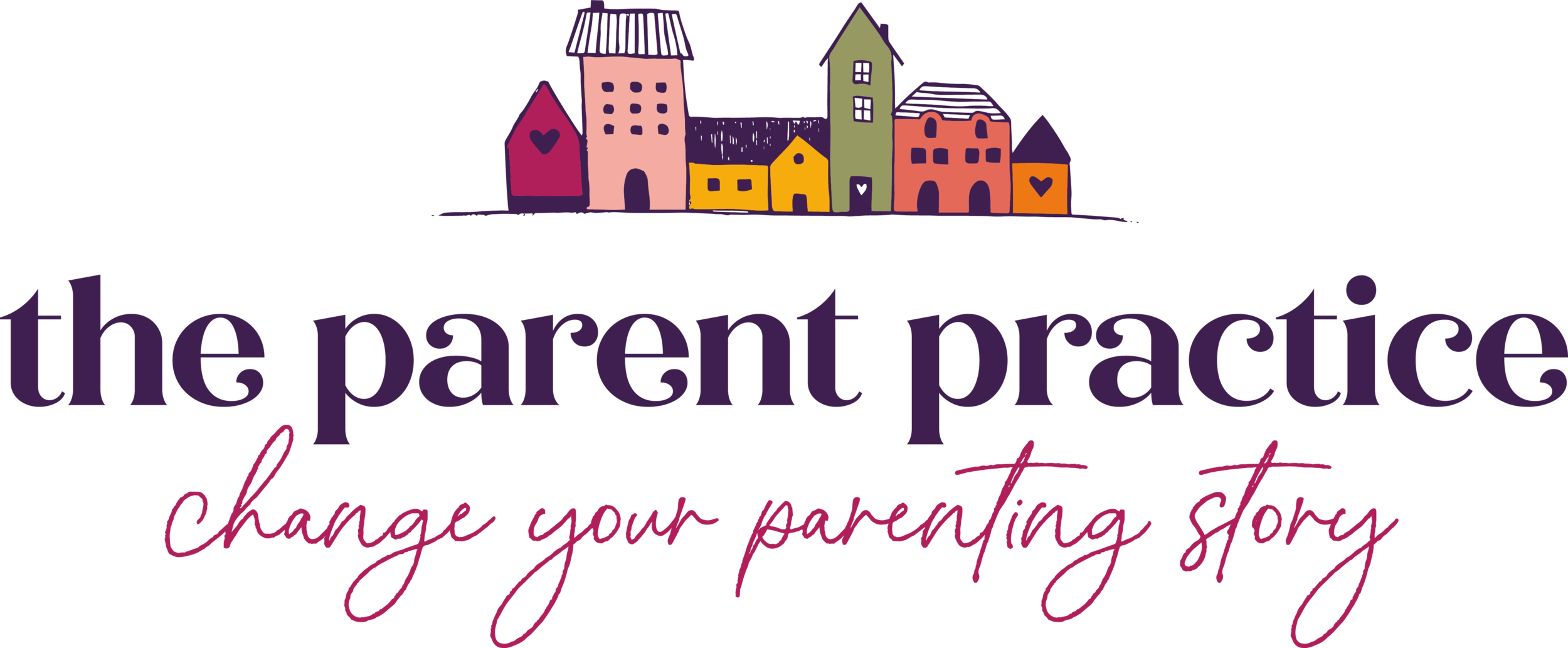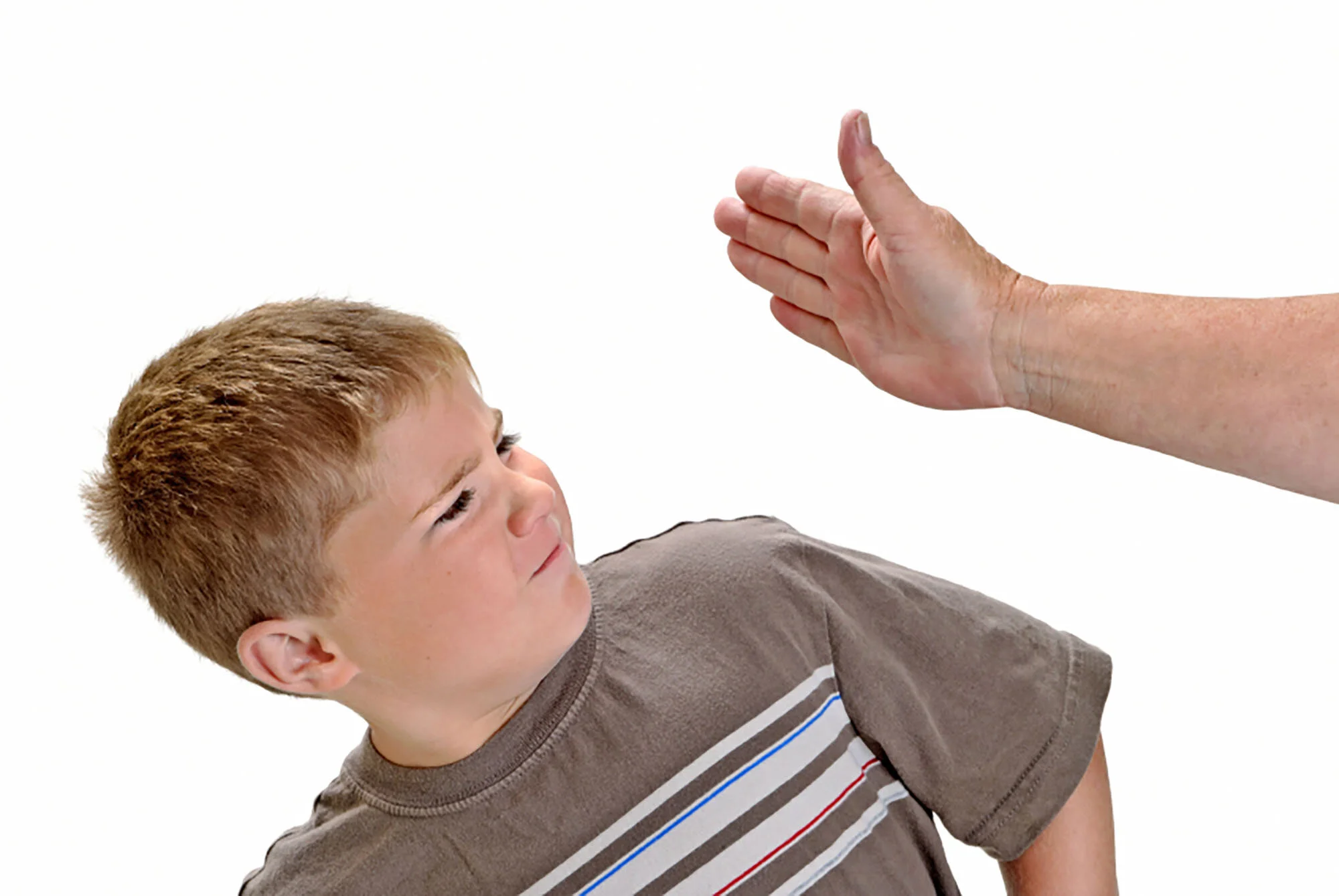“My parents smacked me and I turned out all right!”
Smacking the little boy
We have all heard that sentence uttered as a way of condoning what our own parents may have done or what we may also have done to our own children.
I was revisiting an interesting discussion about smacking that appeared on BBC Women’s Hour over 5 years ago. The post is still available at www.bbc.co.uk/programmes/b00s8hyy and is still worth listening to.
Five years on, the debate about smacking children still shows how polarised the opinions are on this subject. For over 15 years now, all of us at the Parent Practice have become familiar with the different views about smacking children.
The evidence is that overwhelmingly when parents smack their children they do so, not in a controlled way to discipline them, but because the parent is overwhelmed by their own emotions. Perhaps they are so overcome with fear - as in the example given in the programme - when a child runs into the street, or out of anger or frustration. Often it’s because in the moment they don’t know what else to do –they feel powerless.
Here’s the thing, though. A child that has been smacked knows full well (even if they can’t articulate it) that his or her parent has lost control. One of the fastest ways to lose your children’s respect is through using smacking as a means of discipline.
There is no doubt at all that discipline is necessary but the point of any method of discipline is to teach and smacking is the least effective of all the tools at our disposal if teaching is our goal. Children are not so open to learning if they are shocked and hurting. We are in danger of teaching them something we don’t intend if we use smacking - that when you are an adult you can use your power to hurt, that you can resolve conflict or get your way by hurting. That is not what parents intend when they smack and I would never judge a parent for smacking but it is clear that parents need to be supported in the difficult job of raising children by giving them tools other than smacking.
In the five years since this segment appeared on Women’s Hour, the movement towards Positive Discipline has thankfully gathered speed and support. We now know – through brain science - that positive discipline brings with it so many benefits. In his book, No Drama Discipline, Dan Siegel outlines the benefits as: “foster[ing] development that builds good relationship skills and improves your children’s ability to make good decisions, think[ing] about others, and act[ing] in ways that prepare them for lifelong success and happiness.” Positive discipline is a way to build a healthier brain through teaching children appropriate behaviours.
Whenever the discussion about smacking arises, Haim Ginott’s much quoted comment is essential to share.
“When a child hits a child, we call it aggression.
When a child hits an adult, we call it hostility.
When an adult hits an adult, we call it assault.
When an adult hits a child, we call it discipline.”
Did those parents who were smacked as children (many of us) turn out all right? Maybe not if they advocate smacking as form of discipline.
To find out more about how to effectively use positive discipline, sign up for our newsletter at https://www.theparentpractice.com/signup and we’ll send you a free copy of our Positive Discipline parenting insight.

